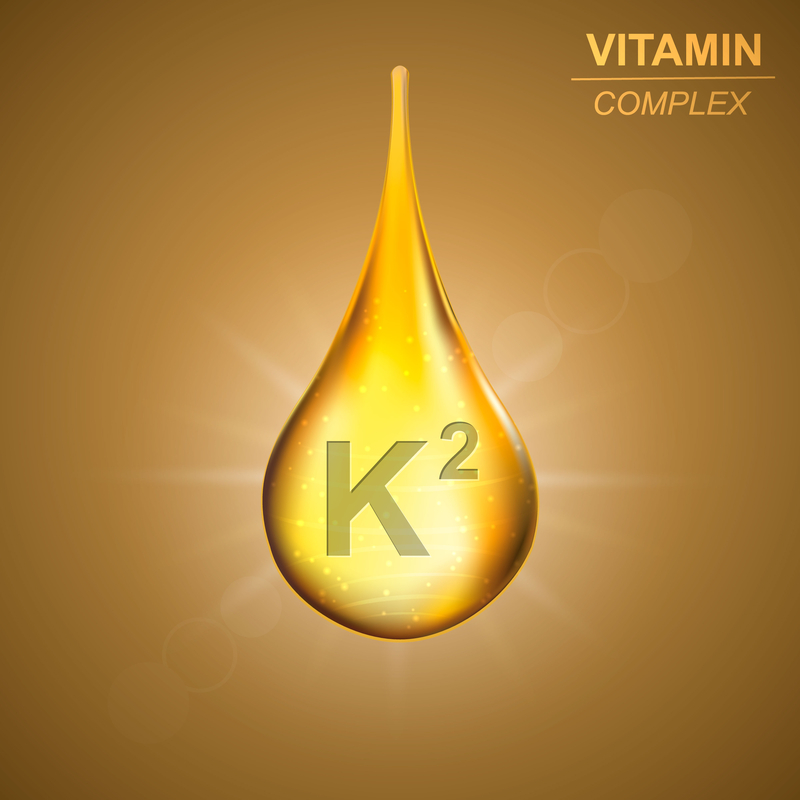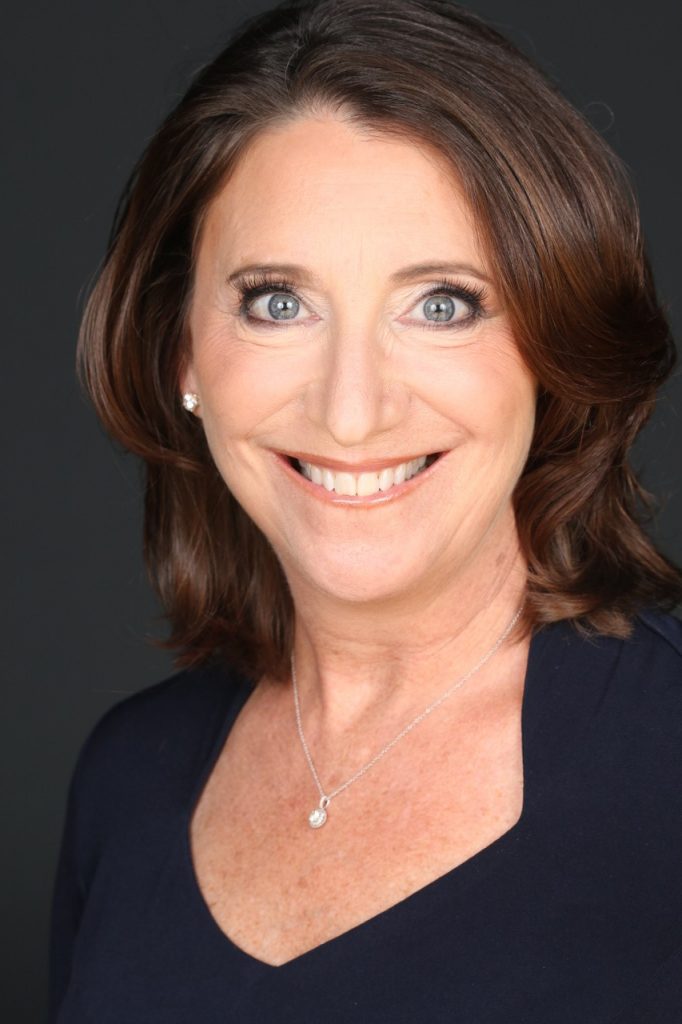 In my previous blog, I began the discussion around the curious connection between heart disease and osteoporosis. Oddly enough there are many incidences that show these conditions often occur together. There are certainly many shared risk factors like smoking, lack of exercise, poor diet, and hypertension, as I pointed out previously. There appears to be another connection as well, calcification, the accumulation of calcium in the body tissues.
In my previous blog, I began the discussion around the curious connection between heart disease and osteoporosis. Oddly enough there are many incidences that show these conditions often occur together. There are certainly many shared risk factors like smoking, lack of exercise, poor diet, and hypertension, as I pointed out previously. There appears to be another connection as well, calcification, the accumulation of calcium in the body tissues.
We obviously want calcification in the bones. That is what provides our bones with structure and strength. Where we don’t want calcification is in our soft tissues, like our blood vessels, heart valves, breasts, or kidneys in the form of stones. When calcium builds up within the walls of our arteries, it can damage the tissue and attract cholesterol leading to the narrowing and hardening of the arteries. Calcium accumulation in the heart’s valves, most commonly affecting the aortic valve, can lead to aortic stenosis. Recently there has been a growing concern that excessive calcium supplementation can contribute to the deposition of calcium in the blood vessel walls increasing the risk of heart disease.
So how can we ensure that the calcium we are consuming gets deposited in our bones and not our arteries?
Vitamin K2 to the Rescue
Vitamin K2, a rising star in the vitamin world, can be viewed as the calcium cop. It helps to direct calcium into the bone while stopping it from being deposited in our soft tissues. It does this by having the opposite effect on bones and blood vessels.
In our bones, vitamin K2 activates a protein called osteocalcin. Osteocalcin is secreted by the osteoblasts in your bone (the cells that make new bone). It takes the calcium circulating in the blood and binds it to the bone matrix. However, for osteocalcin to perform this action, it must first be activated by vitamin K2. Vitamin K2 activates the osteocalcin so it can bind to and move the calcium from the bloodstream into the bone. Adequate amounts of vitamin K2 are needed to usher calcium into the bone which in turn makes the skeleton stronger and less susceptible to fracture.
Interestingly, in the blood vessels, vitamin K2 also activates a protein that does the exact opposite. In the blood vessels, vitamin K2 activates a protein called MGP (matrix GLA protein). MCP is produced by the cells of vascular smooth muscle and prevents calcium from being deposited on the vessel walls.
In the bones, K2 activates the protein that ushers calcium into the bone, and in the arteries, it activates the protein that prevents calcification. This vitamin is key for keeping our bones strong and arteries clear.
Getting enough vitamin K2
Vitamin K2 is different from vitamin K. Vitamin K is most notable for its blood clotting effects and can be found in leafy vegetables. Dietary sources of vitamin K2 include chicken, beef, pork, egg yolks, liver, fermented dairy products (yogurt and some natural, ripened cheeses) from grass-fed animals. Fermented vegetables like sauerkraut and fermented soy foods, such as miso and natto are also a rich source of K2. Vitamin K2 is also produced by our gut bacteria, another important reason why we need to maintain a healthy gut microbiome!
The best way to ensure adequate intake of any nutrient is through food, however, if you have heart disease and/or osteoporosis you may want to consider supplementation. When looking at vitamin K2 supplements you may come across 2 different forms of vitamin K2: MK4 and MK7. Both have been shown to be beneficial, however, MK4 has a shorter life span, so you have to take it in larger doses and more frequently. MK7 stays in the bloodstream longer, so you need a lower dose. The most recent studies I have seen indicate that MK7 may have a higher efficacy due to its higher bioavailability and longer-acting time in the body. However, MK7 in supplements will often come from soy, so if you are sensitive to soy products you may want to look for supplements with MK4.
Vitamin K2 also needs to be taken in conjunction with vitamin D. There appears to be a synergistic interaction between these 2 vitamins. Current evidence suggests that supplementing vitamins D and K together might be more effective than the consumption of either alone for bone and cardiovascular health. Lastly, all fat-soluble vitamins, like vitamins A, D, E, K, should be taken with a high-fat meal to enhance optimal absorption.
One other note: Although I have seen many claims that vitamin K2 supplements do not have the same blood clotting effects as vitamin K, I have also read that vitamin K2 can interfere with blood-thinning medications like Warfarin and Coumadin. If you’ve been prescribed these drugs be sure to talk to your doctor before supplementing with vitamins K or K2.
If you are eating a healthy diet that includes grass-fed animal products and/or fermented foods, and have a healthy gut microbiome, you should already have adequate levels of vitamin K2. Unfortunately, testing for vitamin K2 status is not readily available through lab analysis, however, can be tested through SpectraCells’s Micronutrient test. If you are interested in learning more about this test, please reach out to me.
References:
1. Proper Calcium Use: Vitamin K2 as a Promoter of Bone and Cardiovascular Health:https://www.ncbi.nlm.nih.gov/pmc/articles/PMC4566462/
2. The Synergistic Interplay between Vitamins D and K for Bone and Cardiovascular Health: A Narrative Review https://www.ncbi.nlm.nih.gov/pmc/articles/PMC5613455/

Susan Brady
is a Physical Therapist,
Nutrition Consultant and
Doctor of Integrative Medicine.
She is dedicated to helping people achieve
lasting good health and vitality.






